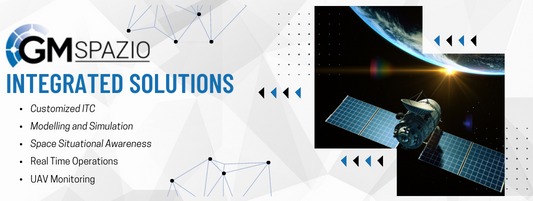.png)
The Importance of Using Satellite Imaging for Border Patrol Control
Border control has become a central issue in many nations worldwide. With increasing migrations and trade flows, effectively managing borders has become essential for national security, resource management, and preventing illegal activities. Satellite imaging has emerged as a vital tool to enhance border control, offering a range of advantages that extend beyond traditional surveillance and monitoring capabilities.
Precision in Surveillance
The use of satellite imaging for border control provides an unprecedented perspective. Satellite images offer a wide and detailed view of the terrain, enabling authorities to monitor remote and hard-to-access areas. This high-angle observation capability allows for constant monitoring and accurate assessment of border activities.
Continuous Monitoring and Rapid Responsiveness
Satellites offer the ability for continuous monitoring, ensuring a quasi-uninterrupted border surveillance. This constant monitoring allows authorities to quickly detect changes in activities, identify vulnerabilities, and respond promptly to emergencies or unauthorized intrusions.
Cost Reduction and Increased Efficiency
Employing satellite imaging for border control can significantly reduce long-term costs. Compared to traditional methods that require constant patrols and expensive physical infrastructure installations, using Remote Sensing satellite data can offer a more economical yet equally effective solution. The ability to cover vast areas with a single satellite reduces the need for deploying large amounts of personnel and physical resources.
Improvement in Planning and Resource Management
Analyzing data collected from satellite imaging provides detailed information on border dynamics, migration routes, and the exploitation of natural resources in border areas. This information is crucial for strategic planning and optimal resource management, enabling authorities to adopt more targeted and effective approaches in border protection.
International Collaboration and Global Security
Satellite imaging can promote collaboration among nations to ensure global security. Through the sharing of information and data, nations can work together to monitor shared border areas, tackle illicit trafficking of people and goods, and prevent illegal activities that could jeopardize international security.
In conclusion, the use of satellite imaging in border control represents a significant step forward in managing national and international security. Its ability to provide detailed information, continuous monitoring, and rapid responsiveness offers a strategic advantage in maintaining border security and managing resources more efficiently and effectively.





